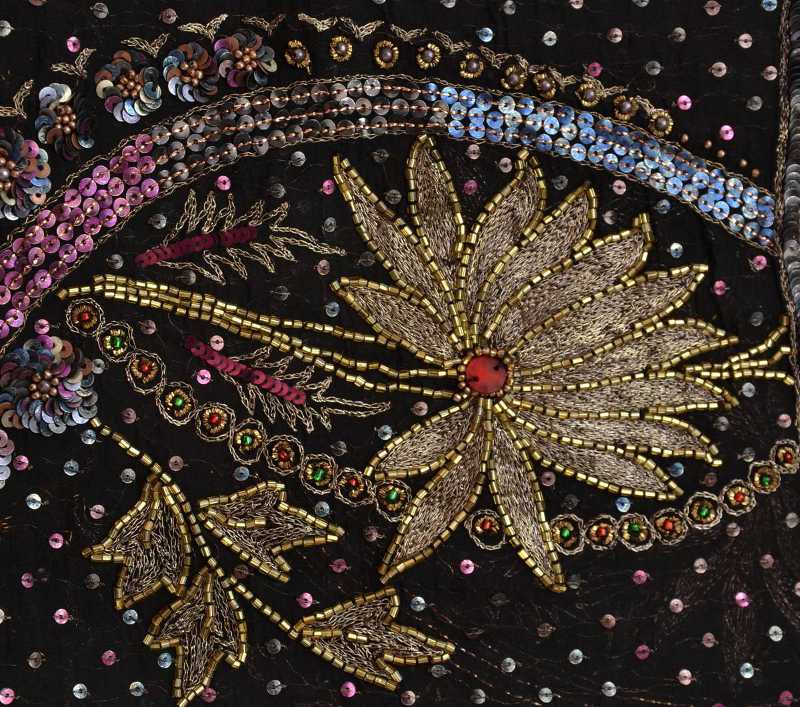===
0254,
8
===

=== |
 |
dushvār : 'Difficult, hard, arduous, troublesome, trying'. (Platts p.518)
FWP:
SETS == FILL-IN
MOTIFS == HOME; [LOVER AS BIRD]
NAMES
TERMS == THEMESRF is right to point out the sinister and dangerous possibilities: the bird might not return because he's succumbed to one of the countless perils of the natural world. Or perhaps it's just wandering, just distance that's involved? Or perhaps the bird went so far toward mystical 'self-lessness' that he couldn't find out way back to his own self?
Since the bird is 'like' a little new fledgling, it means that he merely resembles one but is not actually such a fledgling. The verse doesn't permit us to figure out exactly how the bird-speaker is 'like' the new fledgling. Is it simply because he leaves the nest? Is it because he's particularly naive or vulnerable? Is it because he doesn't return? Is it because he cannot return?
It's mainly the tak that makes it sound as if he might have struggled to return, but wasn't able to make it 'that far'. Whatever the situation, the tone is powerfully, effectively ominous. It almost sounds as though the bird wants to spare his hearer from full knowledge of 'where we went'.